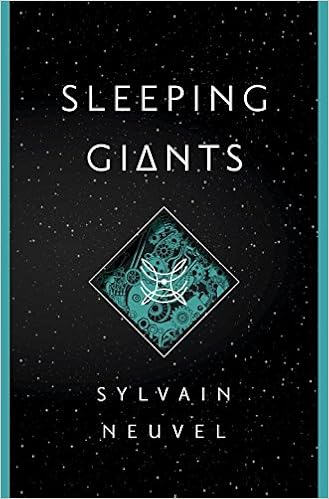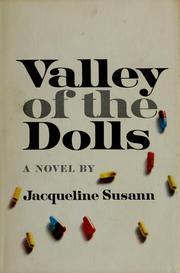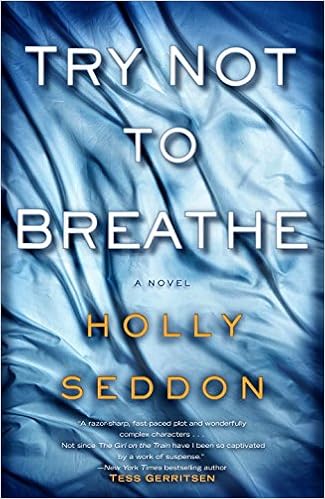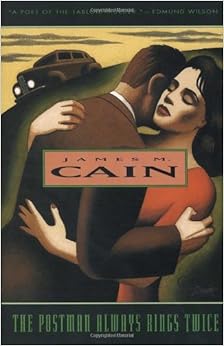noun \ˈsmət\
obscene language or matter
Most books are challenged because someone finds something offensive about the story, language, or characters. Much of the time, it's considered obscene. In the old days, we called that "smut".
Listen to what Tom Lehrer thinks about banning smut, in all forms:
This was filmed in 1967, so there has been a faction of people speaking on behalf of intellectual freedom for decades. Lehrer uses the word "pornography", the definition of which we have honed a bit in modern usage. In 1967, it was anything that may "arouse the prurient interests of the average person." Today, it means more alone the lines of anything that serves to "show or describe naked people or sex in a very open and direct way in order to cause sexual excitement". So, we have upped it a notch in modern times.
2014 Books challenged because of "smut":
- The Absolutely True Diary of a Part-Time Indian, by Sherman Alexie
- Persepolis, by Marjane Satrapi
- And Tango Makes Three, Justin Richardson and Peter Parnell
- The Bluest Eye, by Toni Morrison
- It’s Perfectly Normal, by Robie Harris
- Saga, by Brian Vaughan and Fiona Staples
- The Kite Runner, by Khaled Hosseini
- The Perks of Being a Wallflower, by Stephen Chbosky
- A Stolen Life, Jaycee Dugard
- Drama, by Raina Telgemeier
Yes, that makes the entire top 10 list of 2014 Challenged Books, done so with SMUT being one of the chief reasons.
Your word for this day of Banned Books Week: SMUT!
















